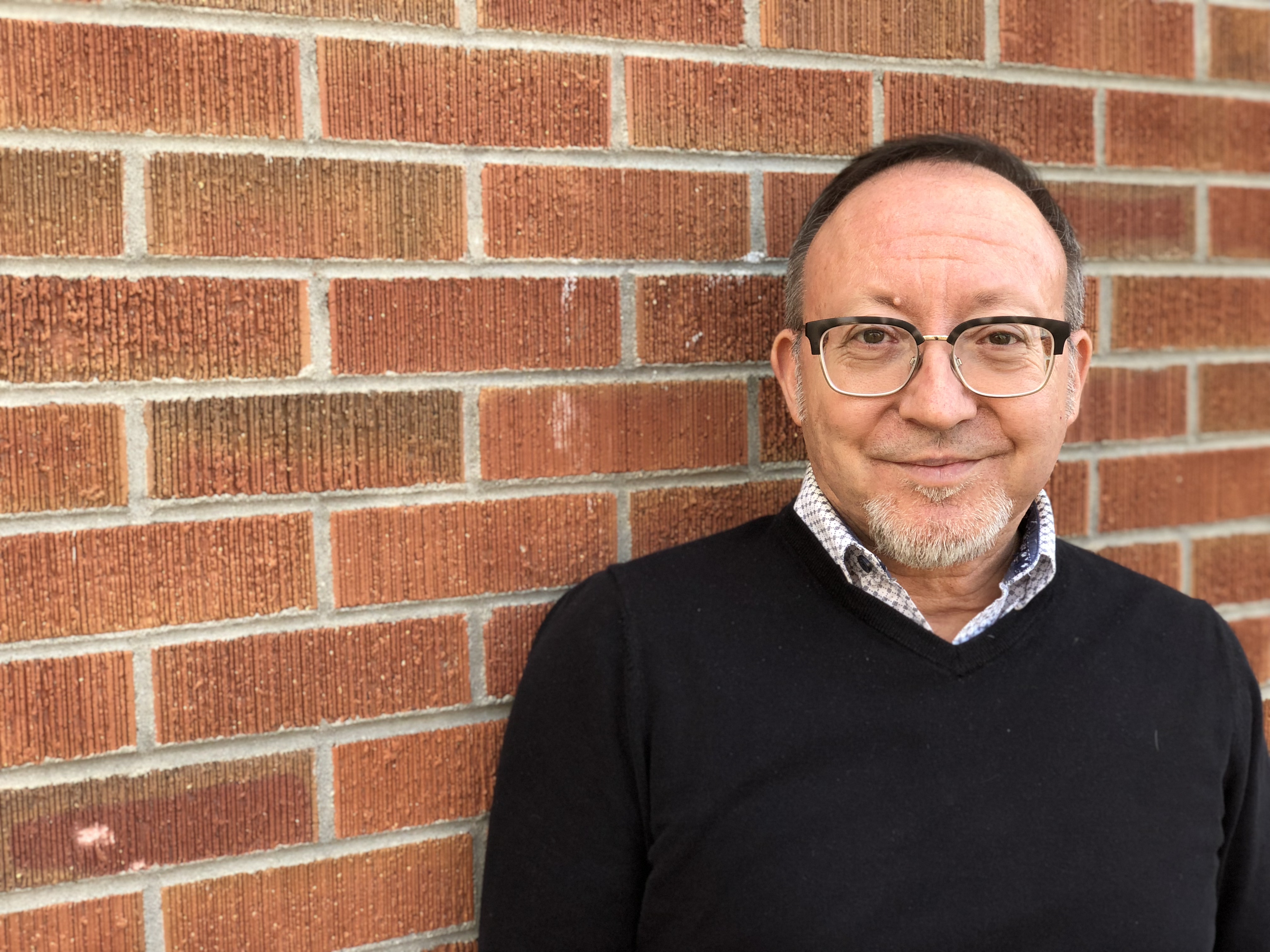Living in a fallen world can make relationships of any kind challenging at times. But it’s been my experience that as we all continue to live and grow, great shifts can take place. I know I’m not the same person I was even 5 years ago. Maybe you’ve experienced a friend or family member suddenly change their political view, theology, belief system or even identity in some way? One minute you’re pretty much on the same page and the next you’re looking across the divide as if they were virtually unrecognizable. Of course, painful conflict is ready to bubble up at any time.
Many of my close friends over the years have taken a different path theologically. They have embraced an affirming theology—one in which they believe God affirms and celebrates same-sex partnerships and marriages. This group of folks might be the most perplexing to Christians coming from a traditional biblical perspective. We seem to land on mutually exclusive sides theologically, which can produce some uneasy friction in a relationship. In my personal experience, this tension has created more of an opportunity to grow spiritually. If we use this tension redemptively, we all are challenged to love deeper, listen more and share truthfully. Let’s unpack this pastoral question.
“How do I pastorally love and care for a Gay (LGBTQ) Christian who might have a different theology around sexuality than mine?
But What Does Scripture Say?
What is the first thing that comes to mind when you hear someone state they have a different position theologically? We feel protective of what God’s word says, especially about gender & sexuality. Maybe we want to rush in and defend our beliefs. We may be tempted to launch into “scripture debate” mode. Sometimes we have close relationships where we enjoy bantering back and forth about the interpretations of scripture. Is this one of them? With friends I know that have taken on an affirming theology, they have agonized over the scripture. It has been a painful journey. They have read, re-read and haven’t taken it lightly. Assume this to be so, before debating. It also might be a good thing to read up on affirming theology for a better understanding and conversation. Begin the dialog with “I’d like to hear how you’ve come to these theological and faith decisions?”
Take Time to Listen and Build Trust
Take some time initially just to hear their journey of faith and how they have navigated the complexities of gender and sexuality. Many friends, who have come through WGA, have felt significant shame about their attractions over their lifetime. They’ve carried a heavy burden of feeling the incongruence between their faith and their longings and desires. Some have adopted this position, because they are weary emotionally and spiritually of living celibately without much support. This can all be compounded by negative and painful experiences within families and church—especially when embracing a different theology. It’s not hard to find compassion for this kind of journey. Build trust over time and earn the opportunity to have more difficult conversations down the road.
A relationship with a family member might be more complex. They probably already know what you believe about these things from a Christian worldview. This can be helpful or make the situation more painful and complicated. There are many helpful resources when it’s going to take time for resolution. (see WGA’s website)
Nurture Relationship with Jesus & Church Community
Many LGBTQ+ Christians who have had a slew of negative experiences in the Christian community will seek out affirming churches. Many of these churches encourage committed, monogamous relationships over casual sex. Other foundational Christian beliefs such as Christ and His atonement, justification by faith and the Holy Trinity are upheld. These can become safe havens. While there may be cause for concern, I am relieved when someone continues to pursue Jesus (no matter where), especially when many wounded Christians leave their faith entirely. Can we encourage a discipleship that deepens their relationship with God and allows Him to work in all our hearts?
Level the Playing Field by calling the Whole Church to Repentance
One thing has pleasantly surprised me in my faith journey, coming back to Jesus all those years ago, still remains. I walked into my first WGA meeting with a ton of “baggage”—addictions, broken relationships, lack of identity, etc. I just assumed my same-sex attractions would be the biggest thing He’d want to address first in my life. Apparently, that wasn’t His agenda. He wanted me to address the broken and distant relationship within my family first thing—how gracious is that? Forgiveness and restored relationships may be more important than what we consider our “biggest sin”. We do this to one another often thinking we know what is first on God’s agenda in a person’s life. This has been magnified in the church over decades. How did homosexuality become the biggest sin? Many LGBTQ+ folks wonder why God’s finger is exclusively on them when sin is rampant inside the church. Pornography, divorce, cohabitation, infidelity—statistically God’s children aren’t doing any better than those in “the world.” LGBTQ+ Christians feel this hypocrisy. Rather than singling out a few sins, let’s live as though God hates all sin and call His whole church to repentance.

Scott Kingry
Program Director
Although he holds a degree in graphic arts, he attributes his ministry qualifications to the “school of hard knocks.” God’s abundant grace continues to be the instrument of growth in his life, and he desires to be firmly grounded in the forgiveness and freedom of relationship with Jesus Christ.
Scott attends a Presbyterian Church.
Make a Difference in Someone's Life
If you enjoy reading WGA’s blogs and would like to show your support, please consider making a donation. Where Grace Abounds is a 501(c)3 non-profit organization. The majority of services, including support groups and discipleship counseling, are provided free of charge. Your financial gifts help to cover the costs associated with offering a free program to those who seek WGA’s services.

